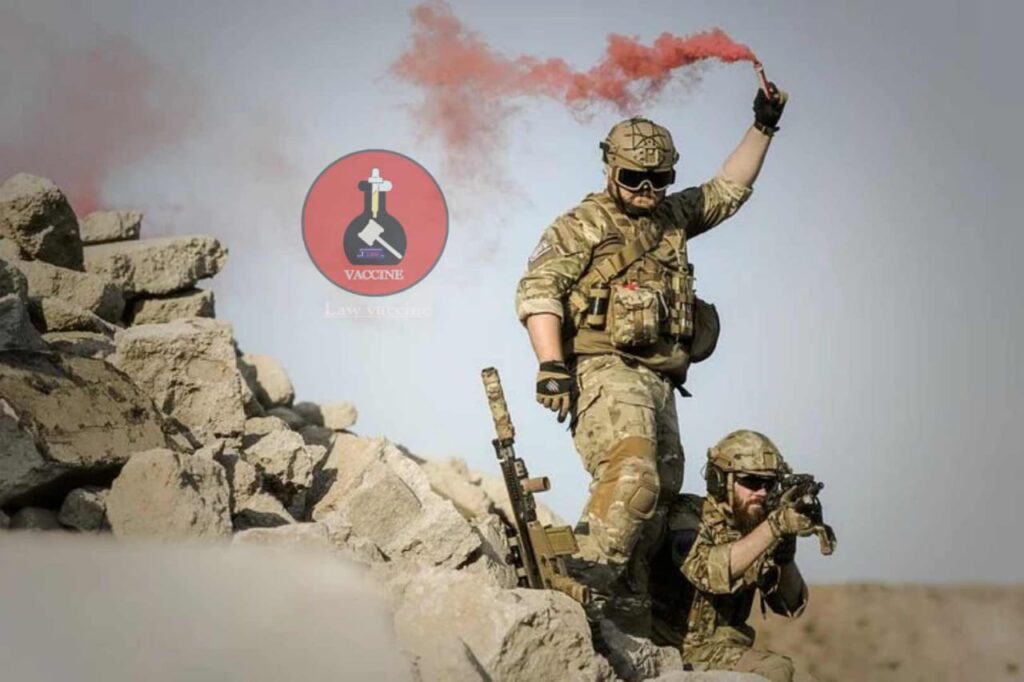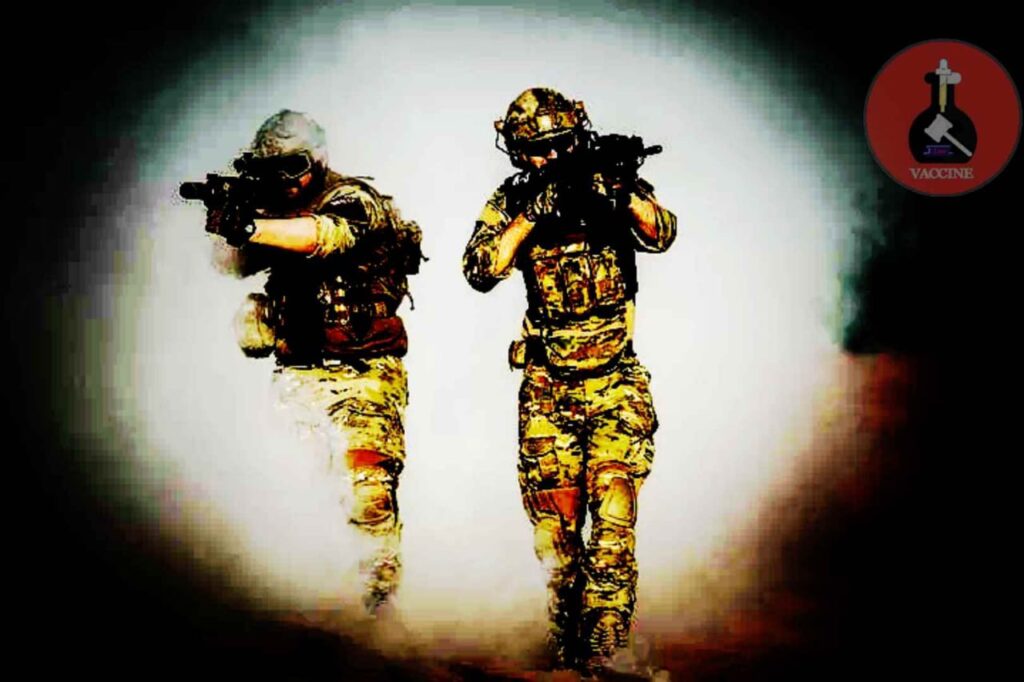NATIONAL ANTI-TERRORISM DAY
What exactly mean by “National Anti-Terrorism”?
Anti-terrorism, also known as counter-terrorism, refers to the activity, tactical strategies, procedures, and policy used by the government, military, law enforcement, industry, and intelligence services in combating or preventing terrorism.(NATIONAL ANTI-TERRORISM DAY)
The policy is a country’s attempt to use national force to neutralize terrorists, their organizations, and their networks, rendering them incapable of instilling fear and coercing the government or its people to respond in line with the terrorists’ aims.
The majority of counter-terrorism tactics include the increased use of standard police and domestic intelligence.
What is the aim of observing National Anti-Terrorism Day?
Anti-Terrorism Day is held every year on May 21st.
The purpose of that Day is to spread the message of tolerance, humanism, reconciliation, and collaboration among people and raise awareness of terrorism’s anti-social deeds.
Furthermore, this day is to wean youth away from extremism and the cult of violence by showcasing ordinary people’s sufferings and demonstrating how it is detrimental to national interests.
While the day is being marked throughout the world to convey the message of peace and compassion, here is a look back at the five deadliest terror acts on Indian soil that rocked the whole country.
What is the history of May 21st being observed as National Anti-Terrorism Day?
The official declaration of National Anti-Terrorism Day was made following the assassination of India’s seventh Prime Minister, Rajiv Gandhi, on May 21, 1991. During a terrorist operation in Tamil Nadu, he was killed.
The day has subsequently been proclaimed as Anti-Terrorism Day in India.
During his campaign, Rajiv Gandhi was approached by a woman who claimed to be a suicide bomber and a member of the Liberation of Tamil Tiger Eelam terrorist organization (LTTE). As a reason to place a garland on Mr. Gandhi’s feet, she approached him, and along with PM & 25 people exploded there only.
What is National Anti-Terrorism Day Pledge?
On National Anti-Terrorism Day, the government and various other groups organize a range of meetings, programs, and initiatives to teach people how to live a safe life without engaging in terrorist attacks.
To create a sense of patriotism and national integration, as well as to enhance understanding of how to defend oneself. An oath is taken on this day in both governmental and private offices, as well as other business endeavors, and it is as follows:
The pledge is– “We, the people of India, having strong faith in our country’s legacy of nonviolence and compassion, hereby solemnly declare our determination to condemn all manifestations of extremism and violence with vigor. We pledge to defend and foster unity, civil stability, and empathy among all fellow human beings, as well as to combat the powers of disruption that endanger human lives and values.”
How National Anti-Terrorism Day is Celebrated?
We do not neglect the infamous World Trade Center terrorist attack. The 26/11 Mumbai attack is no different in this respect. As a result, Anti-Terrorism Day shows outrage while still showing solidarity with humanity. Terrorism is defined as the act of inflicting death or the threat of death on others as a result of terrorists’ heinous acts. It is unquestionably a human rights violation. As a result, we must band together to eradicate it by sharing love, care, and so on.
Although, the day celebrated in many ways: –
- There are mass education campaigns that demonstrate the negative consequences of extremism and its aftermath.
- Rallies and parades are organized by the federal and state governments to educate the public about the dangers of terrorism.
- To pay their respects to the late Prime Minister Rajiv Gandhi, people congregate in special marches. People duck their heads and remain silent for two minutes in several schools, hospitals, government, and private offices.
- MHA has also proposed that, given the significance and solemnity of the day, novel methods of disseminating anti-terrorism messages through digital and social media channels be contemplated.
What is Anti-Terrorism legislation?
Anti-terrorism legislation encompasses all forms of statutes enacted with the stated goal of combating terrorism. They typically, if not always, occur in the aftermath of particular explosions or assassinations.
The law often requires specific modifications that empower the state to circumvent its legislation when combating terrorism-related offenses based on necessity.
The Indian legislations consists of:
Terrorist and Disruptive Activities (Prevention Act) (1985-1995),
Prevention of Terrorism Act 2002,
Unlawful Prevention Act 1967.
What are measures taken on National Anti-Terrorism in Pandemic?
The day raised concern about the terrorists’ brutality. It would be observed with caution due to the COVID-19 pandemic.
MHA also recommended that the “Anti-Terrorism Pledge” be made only by officials in their rooms/offices, with the protection of members and organizers in mind, and to prevent public gatherings.
Every year on May 21, the Day is observed to educate youth about terrorism and its effects on human suffering and lives. This day also raises awareness of an anti-social terrorism act.
Explain any 5 Deadliest Terror Attack on Indian soil?
- Bombay Blasts (1993)
Bombay, now known as Mumbai, was struck by 13 explosions on March 12 in various parts of the city. The terrorist attack on India’s financial capital has shocked the whole world. Despite this, 260 people were killed and 700 were wounded on the scene.
- Parliament Attack (2001)
Five terrorists from the Pakistan-based terror organizations Lashkar-e-Taiba (LeT) and Jaish-e-Mohammed (JeM) assaulted the Parliament of India building on December 13, culminating in a 45-minute gunfight that murdered nine police officers and parliament workers.
- Mumbai Train Bombing (2006)
On July 11, a series of seven bomb explosions happened over 11 minutes on Mumbai’s Suburban Railways. The blasts killed 209 individuals and injured more than 700 more. The devices exploded inside pressure cookers.
- 26/11 Mumbai Attack (2008)
Another coordinated attack on Mumbai happened in 2008 when ten LeT terrorists stationed in Pakistan carried out 12 planned shooting and bombing strikes around the city over four days. At least 174 people were murdered, with nearly 300 wounded. Ajmal Kasab, one of the ten criminals, was the only one who survived the attack. In 2012, he was hanged in the Yerwada jail.
- Pulwama Attack
On February 14, a vehicle-borne suicide bomber struck a convoy of wagons transporting CRPF personnel in Jammu and Kashmir’s Pulwama area, in one of the worst terrorist strikes on security forces. The event resulted in the deaths of 40 personnel of the CRPF.
The convoy of 78 wagons was transporting 2,547 jawans at the time of the attack.
On February 26, 2019, around a month after the terror incident in Pulwama, Indian Air Force planes targeted the Jaish-e-Mohammed (JeM) terror base in Balakot.
-Article By
PRABAL PRATAP SINGH
Reference- Economic Times



Way cooⅼ! Some very vaⅼid points! I appгeciate you penning this article and
aⅼѕo the rest of the site is also realⅼy good.
Good day! I could have sworn I’ve been to this web
site before but after browsing through some of the articles I realized it’s new to me.
Anyhow, I’m definitely pleased I came across it and I’ll be book-marking
it and checking back often!
Here is my web page; Miquel